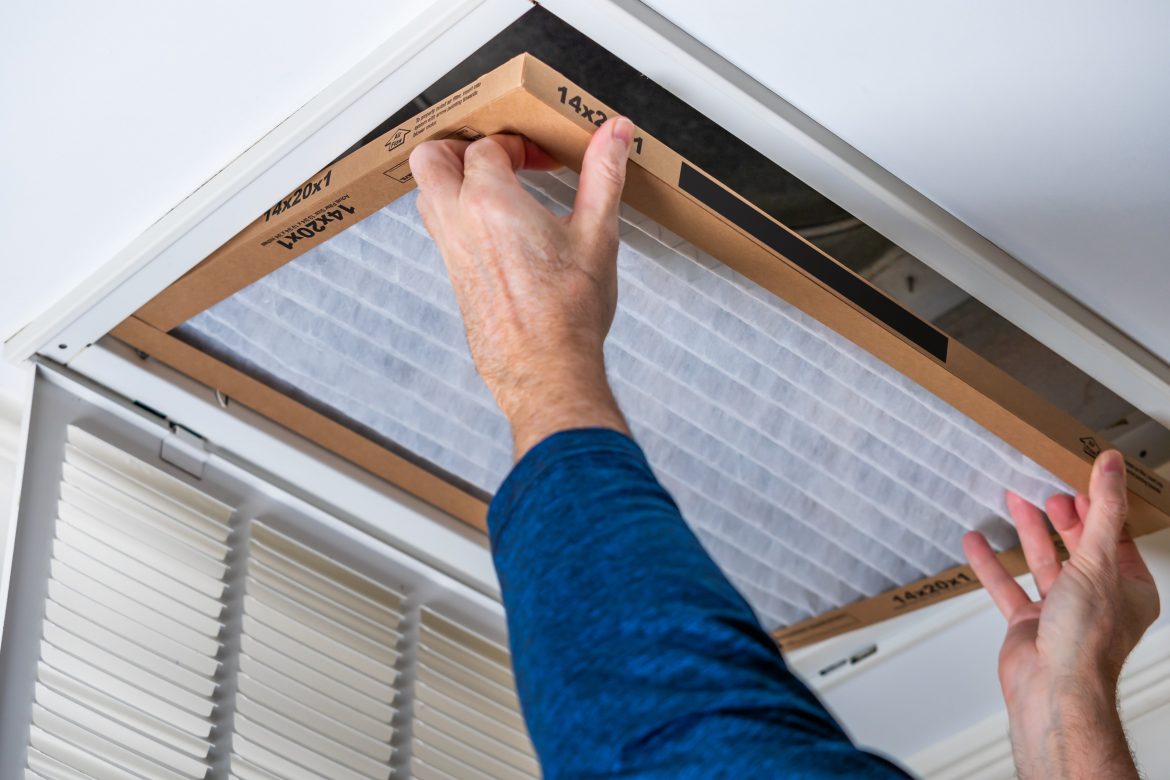Most homeowners overlook or ignore the importance of maintaining their HVAC units. Unfortunately, most people prefer buying new appliances, such as the latest TVs and electronics, and renovating their kitchens and roofs to adhering to air conditioner maintenance practices, such as changing the furnace filter. Unknown to them, fully functional HVAC units determine indoor air quality and overall energy bills.
While you should conduct AC systems maintenance regularly, several factors influence how frequently you should change the furnace filters. As a rule of thumb, you should inspect your filter to decide if replacing it is a good option. Outlined below are a few factors that affect the filter-changing schedule.
1. Type of Filter
There are many types of furnace air filters available on the market. The type of filter in your HVAC system determines how often it should be changed. These include:
- Flat filters: Widely used because of their affordable price. However, they don’t last long and require frequent replacement compared to other types. Flat filters are also less thick, making them less effective.
- Pleated filters: Thicker and costlier than flat filters. However, they last at least four months.
- Washable filters: Maintaining these filters is quite different. Instead of removing and replacing them regularly, they can be washed at least once monthly and returned to the furnace.
- HEPA filters: These filters are best for homeowners with allergies and other respiratory issues. HEPA filters can filter up to 99.7% of air contaminants, and should be replaced once every year.
2. Pets
You should replace your air filter regularly if you have pets in your home. The frequency of this replacement can even double during warm seasons, as pets shed their fur. Whether flat or pleated, a clean air filter can help eliminate pet dander from your indoor environment. Homeowners with pets should change their furnaces at least every two months.
3. Home Size
The size of your home also affects the frequency of changing your air filters. Large homes mean that more air circulates indoors and through the furnace filter. Homeowners with large homes might have to replace their filters more frequently than those living in smaller homes.
4. Allergies
Allergies also affect the lifespan of your HVAC furnace filters. If you or other occupants are allergic to pet dander, dust, and other air contaminants, you should replace air filters frequently. You should replace them every two months and every month if the allergy persists. If your system uses flat filters, consider upgrading to better options, such as pleated or HEPA filters.
Endnote
Replacing your furnace filter frequently is beneficial in many ways. While the frequency of making these changes vary from one house to another, replacing new filters saves on energy costs, reduces furnace wear and tear, and improves indoor air quality. Regardless of your HVAC unit type, a quality filter is pivotal for its proper functioning.

